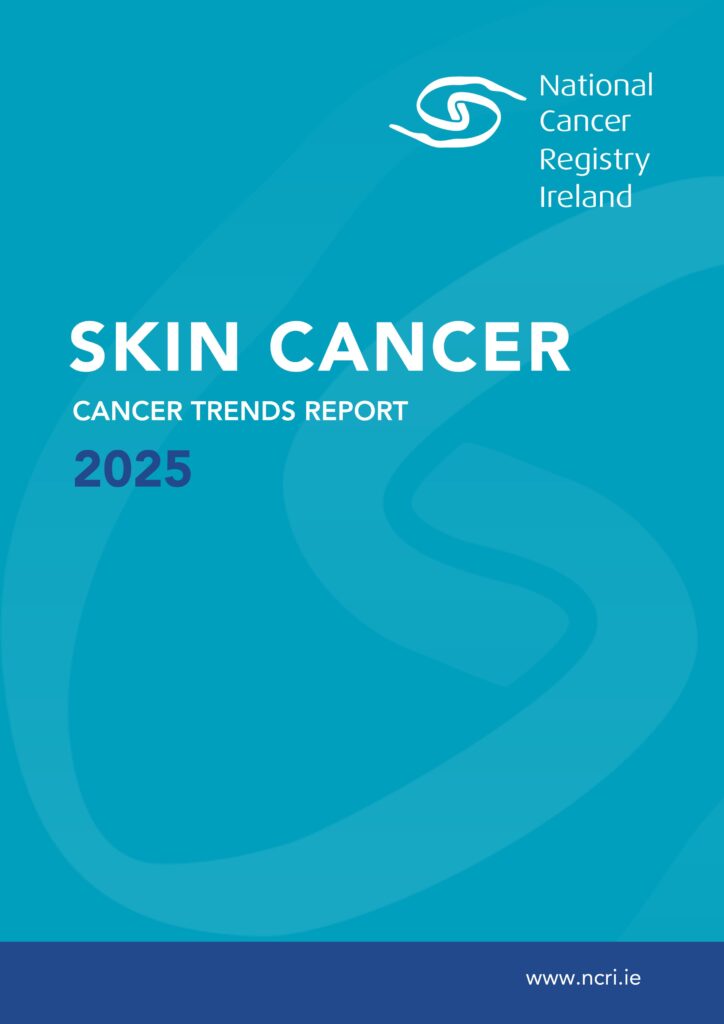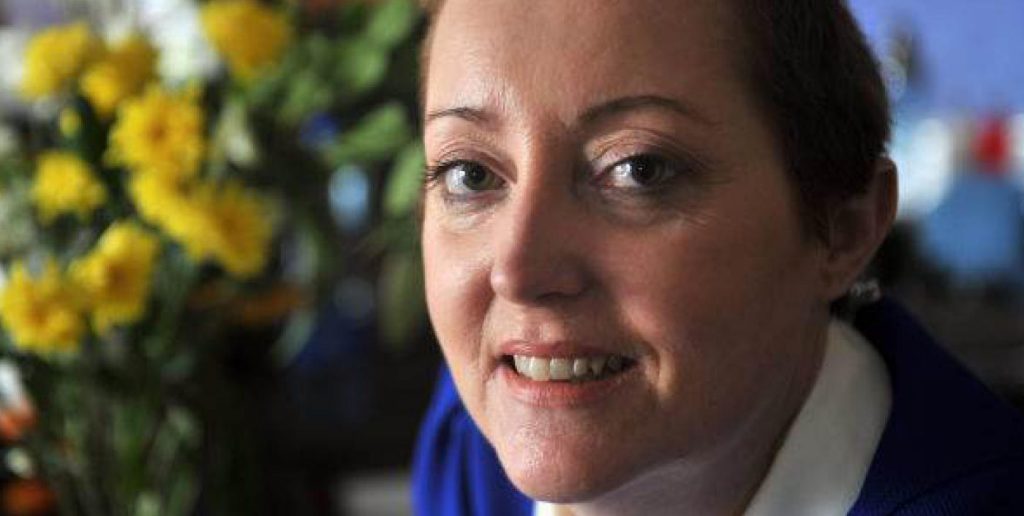In June the Oireachtas set up a new cross-party committee to plan the future of the health service and to agree a non-political approach to tackling the long-standing problems facing the entire system.
The Future of Healthcare Committee hopes to address the severe pressures on the Irish health service, unacceptable waiting times for public patients, and poor outcomes relative to cost – all issues that affect the dermatology services needed by people with psoriasis, eczema, skin cancer and other skin diseases.
The ISF made a submission to the Committee in August to advocate on behalf of people with skin conditions. We made 5 key recommendations to the Committee:
1: Tackling skin cancer
Sun-safe practices lead to a reduction in skin cancer incidence. To tackle the increasing prevalence of skin cancer, a concerted long-term strategy to educate the public about prevention and early detection is required. Changes to legislation are needed to place a duty of care on local authorities, schools, recreation / sporting clubs and employers to protect the public, children and employees from ultraviolet (UV) damage. Sunbeds should be banned, completely, for public and private use.
2: Reduce out-of-pocket expenses for patients
Reduce out-of-pocket expenses paid by patients for moisturisers, emollients, bandages, dressings, specialist clothing and sunscreens by eliminating VAT on these products. Expand the limited choice of products available via medical card and Drug Payments Scheme (DPS) for preventing, treating and managing skin disease. Provide sunscreens on prescription to patient groups at particular risk of sun damage and skin cancer (e.g. immunosuppressed patients, such as transplant recipients).
3: Supporting patients in primary care
Support patients in primary care by resourcing dermatology training for all GPs, to provide universal access to the widest range of dermatology care to all patients in Ireland. Policy makers must examine options in primary care in consultation with all healthcare professional representative bodies and other stakeholders.
4: Supporting patients in secondary care
Increased funding for secondary care dermatology should include, but not be limited to, an increase in consultant dermatologist numbers, and must include greater investment in the infrastructure, equipment, specialist nursing and support staffing in dermatology departments.Service planning and development must provide sustained investment for consultant dermatology posts (to increase numbers of consultant dermatologists from 46 to 74, i.e. from 1 per 100,000 population, to 1 post per 62,500), dermatology clinical nurse specialist (CNSs) and advanced nurse practitioner (ANPs) roles, along with the necessary administrative support.
5: Medical and nursing education in dermatology
Ensure that medical, nursing and GP training (undergraduate and postgraduate) is sufficient so that doctors have a basic knowledge of dermatology for common and important diagnoses. Basic nurse and pharmacist training must include dermatology and those specialising in dermatology should have easy access to post-qualification training in Ireland. This will widen the pool of clinicians with some dermatology expertise and facilitate earlier diagnosis and treatment.
For further details about this submission contact davidmcmahon@irishskin.ie












